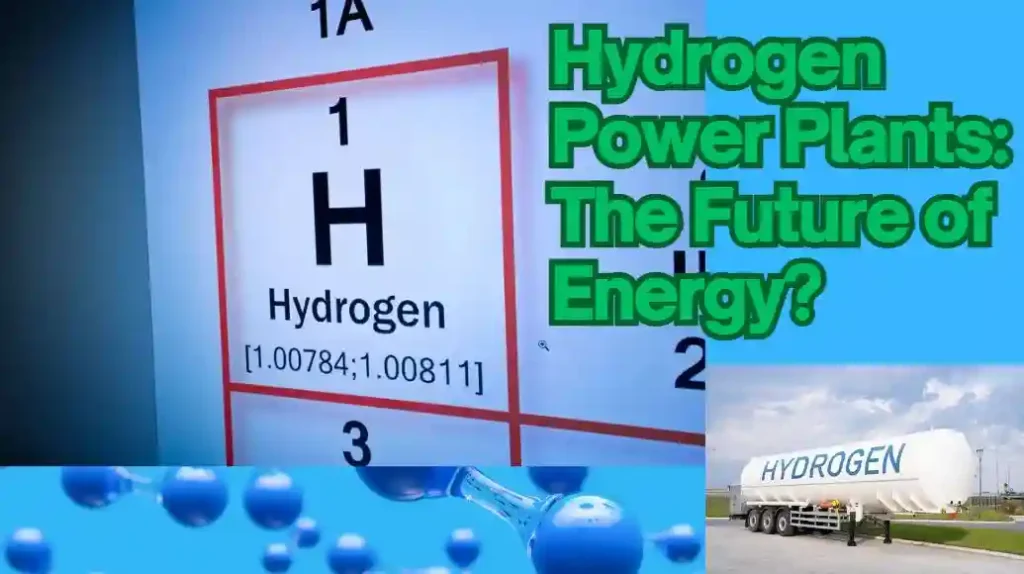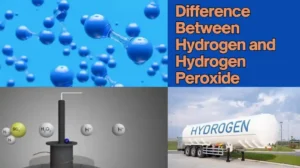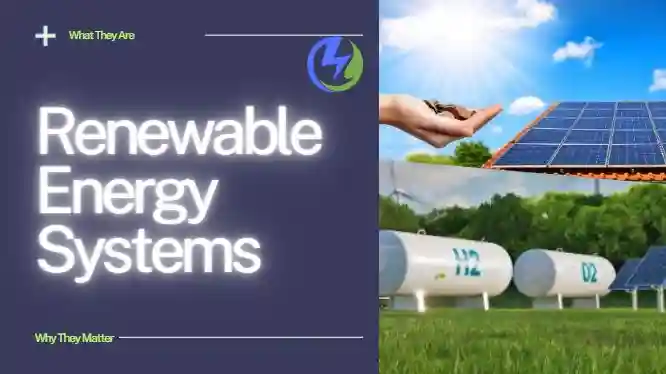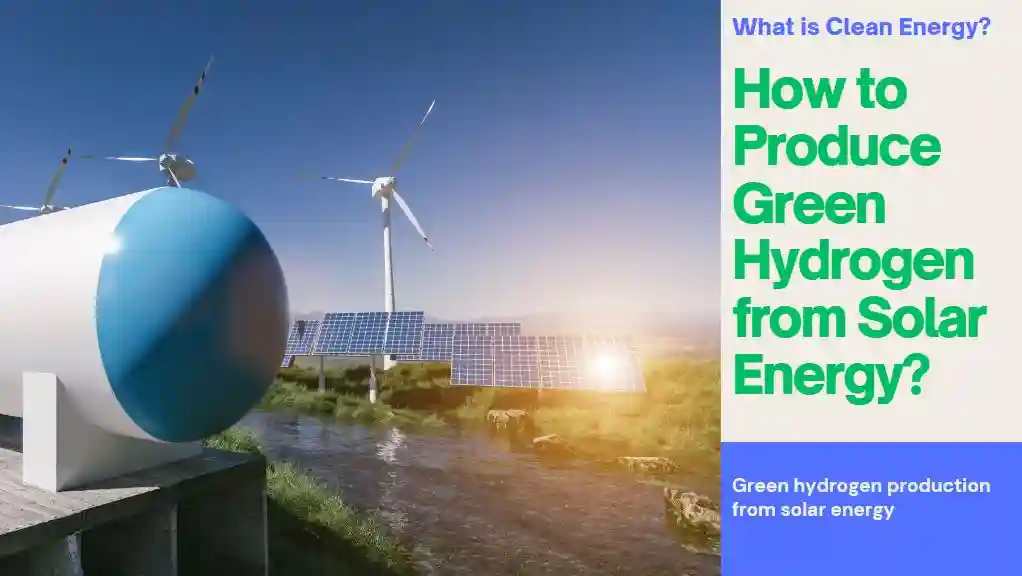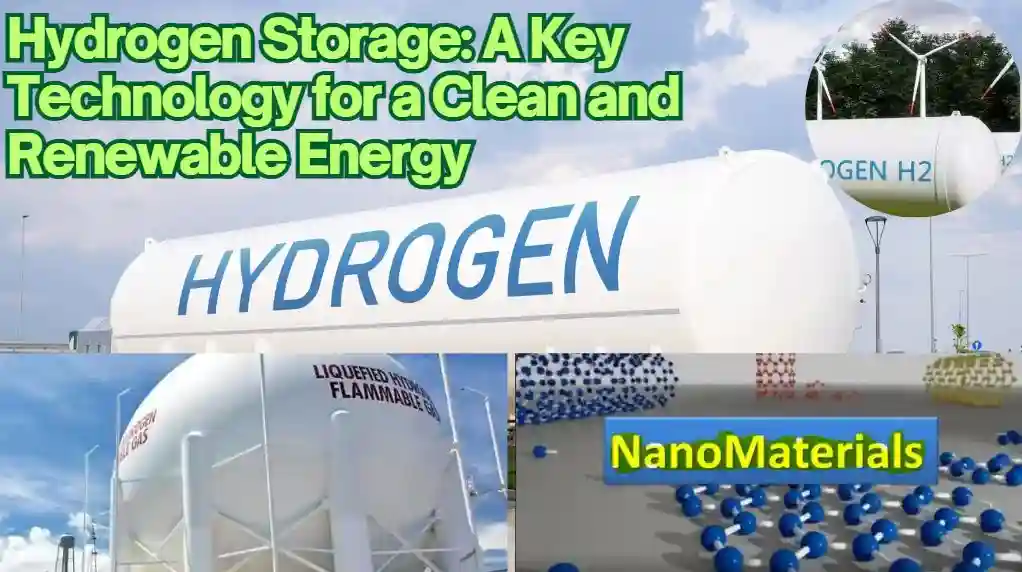Hydrogen power plants are a promising alternative to traditional power plants that rely on fossil fuels. They generate electricity by using hydrogen as fuel, which is a clean and renewable source of energy. In this article, we will explore the basics of hydrogen power plants, their advantages, and their potential applications.
Hydrogen Power Plants
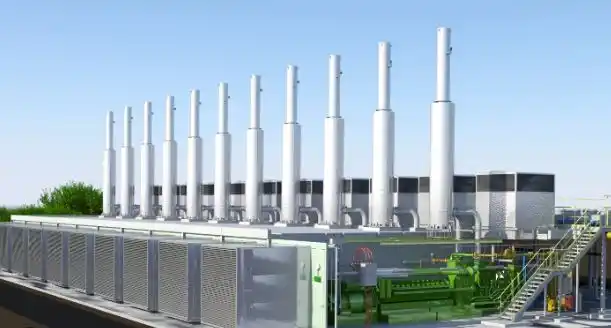
Hydrogen power plants are a type of power plant that generates electricity by using hydrogen as fuel. It is a clean and renewable source of energy that can be produced from a variety of sources, including water, natural gas, and biomass. Hydrogen power plants are a promising alternative to traditional power plants that rely on fossil fuels, which are a finite resource and contribute to climate change.
Green Hydrogen Energy Plant
Advantages of Hydrogen Power Plants
Hydrogen power plants offer several advantages over traditional power plants. They produce no greenhouse gas emissions, making them an environmentally friendly option. Some models achieve up to 60% efficiency, making them highly efficient. They are also versatile and can be used in a variety of applications, including transportation, heating, and power generation.
- Clean Energy: They produce electricity without causing pollution. When hydrogen is used in a fuel cell or burned, the only byproduct is water vapor, which is super clean.
- Renewable Fuel: Renewable sources like wind or solar power can be used to produce hydrogen. So, it’s not just clean but also sustainable.
- Versatility: Hydrogen can be stored and transported easily. It can be used in various sectors, like transportation, industry, and power generation.
- Reduced Dependence on Fossil Fuels: Using hydrogen reduces our reliance on fossil fuels like coal, oil, and natural gas. It helps to combat climate change.
- Efficiency: Hydrogen power plants can be super efficient in turning hydrogen into electricity, making them a promising option for the future of energy.
How Hydrogen Power Plants Work
Hydrogen power plants work by using hydrogen as fuel to generate electricity. The process involves several steps, including hydrogen production, storage, and conversion to electricity. A variety of sources, such as water, natural gas, and biomass, produce hydrogen. People store it in tanks until they need it. When they need electricity, they convert the hydrogen to electricity using a fuel cell or a combustion engine.
Applications of Hydrogen Power Plants
Hydrogen power plants have several potential applications, including power generation, transportation, and heating.
Power plants generate electricity for homes, businesses, and industries. Hydrogen fuel cells power cars, buses, and trains for transportation. In heating, hydrogen provides heat for homes and buildings.
- Electricity Generation: They produce electricity for homes, businesses, and even whole cities without creating pollution.
- Transportation: Hydrogen can power vehicles like cars, buses, and even trains, offering a clean and efficient alternative to gasoline or diesel.
- Industry: They’re handy for industries needing high-energy processes, like refining metals or making chemicals, as hydrogen can be a clean and powerful fuel.
- Backup Power: Hydrogen can be stored and used when needed, making it a reliable backup for times when other power sources might fail.
What are some examples of hydrogen power plants?
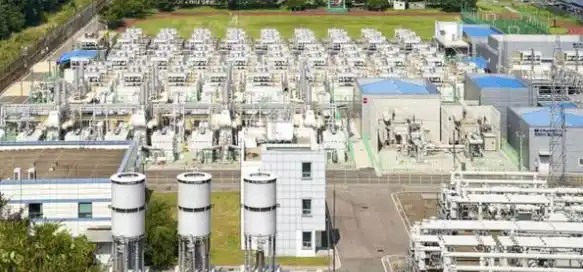
Hydrogen power plants are a relatively new technology, and there are only a few examples of large-scale hydrogen power plants in operation. One such example is the Shinincheon Bitdream Hydrogen Fuel Cell Power Plant in Incheon, South Korea, which can produce 78.96 MW of power. Another example is the Nine Mile Point Nuclear Generating Station in Oswego, NY, which uses a Phosphoric acid fuel cell to produce electricity with an efficiency of over 80%.
There are also several smaller-scale hydrogen power plants in operation, including those used for backup power generation and research purposes. For example, the Bloom Energy Server is a fuel cell-based power generator that can be used for backup power in data centers and other critical facilities
What is the efficiency of hydrogen power plants?
The efficiency of hydrogen power plants can vary depending on the type of plant and the technology used. For example, a green hydrogen combined cycle power plant is only about 40% efficient in converting hydrogen to electricity. On the other hand, some models of hydrogen power plants can achieve up to 60% efficiency.
Compare hydrogen and solar plant efficiency
| Aspect | Hydrogen Power Plant | Solar Power Plant |
|---|---|---|
| Efficiency | High efficiency in converting hydrogen to electricity | Efficiency varies based on sunlight and technology |
| Energy Storage | Easy to store hydrogen for later use | Energy storage depends on batteries or other methods |
| Environmental Impact | Produces clean energy, only emits water vapor | Emits no pollution, relies on sunlight |
| Scalability | Scalable for various applications | Scalable for different sizes and needs |
| Availability | Relies on hydrogen production infrastructure | Availability depends on sunlight and geographic location |
The efficiency of hydrogen power plants can vary depending on the type of plant and the technology used. For example, a green hydrogen combined cycle power plant is only about 40% efficient in converting hydrogen to electricity. On the other hand, some models of hydrogen power plants can achieve up to 60% efficiency.
In comparison, solar power plants have an efficiency of around 15–25%. However, it’s worth noting that solar power plants have a lower cost of installation and maintenance compared to hydrogen power plants. Additionally, solar power plants are more suitable for decentralized power generation, while hydrogen power plants are better suited for centralized power generation.
Conclusion
Hydrogen power plants are a promising alternative to traditional power plants that rely on fossil fuels. They are environmentally friendly, highly efficient, and versatile. With the increasing demand for clean and renewable energy, hydrogen power plants are likely to play an important role in the future of energy production.

